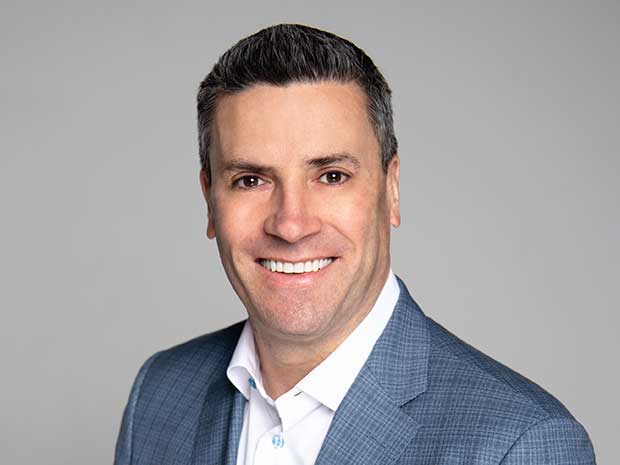During the pandemic, the chief financial officer’s office has been integral to business survival—holding the line on costs amid increasingly tightening margins. Faced with cash flow and liquidity challenges, CFOs in private equity portfolio companies became laser-focused on tightening their belts while helping to pivot the business to navigate the rapidly changing economic landscape.
Less digital transformation, more business-led technology enablement
For private equity-backed CFOs, managing the budget is now considered table stakes. Today’s CFO is also expected to develop a clear business strategy, often with an emphasis on technology transformation. Never an easy process, pandemic challenges such as supply chain volatility and waning demand elevated the importance of a well-defined strategy to lay the path for unlocking immediate and long-term value. Technology is integral to the process, says Gavin Backos, a principal in the technology and management consulting practice at RSM US, but it should not precede the development of a well-defined data architecture for the finance function.
“Developing a clearly defined plan first is essential for growth,” says Backos, who also leads the firm’s North American CFO advisory practice. “Only then should a CFO choose a technology solution and deploy it to its full potential.”
Growth-minded CFOs need to think beyond the numbers to understand the enterprise value of the internal and external data they are collecting and its importance to strategic decision-making. Data-driven CFOs are prepared to share these financial insights with key stakeholders, including management, the board and private equity investors—even vendors and customers.
“There’s an opportunity to think holistically about delivering financial results,” says Shari Franklin, management consulting director at RSM US. Publishing the financials and key performance measures is the end product, but understanding the performance measurements needs to happen first.”
As a former CFO of a PE-backed medical association, Franklin has learned that insights on operational and financial performance are often buried in the back office. Unearthing them sometimes calls for an operational assessment to define areas for process improvement.


